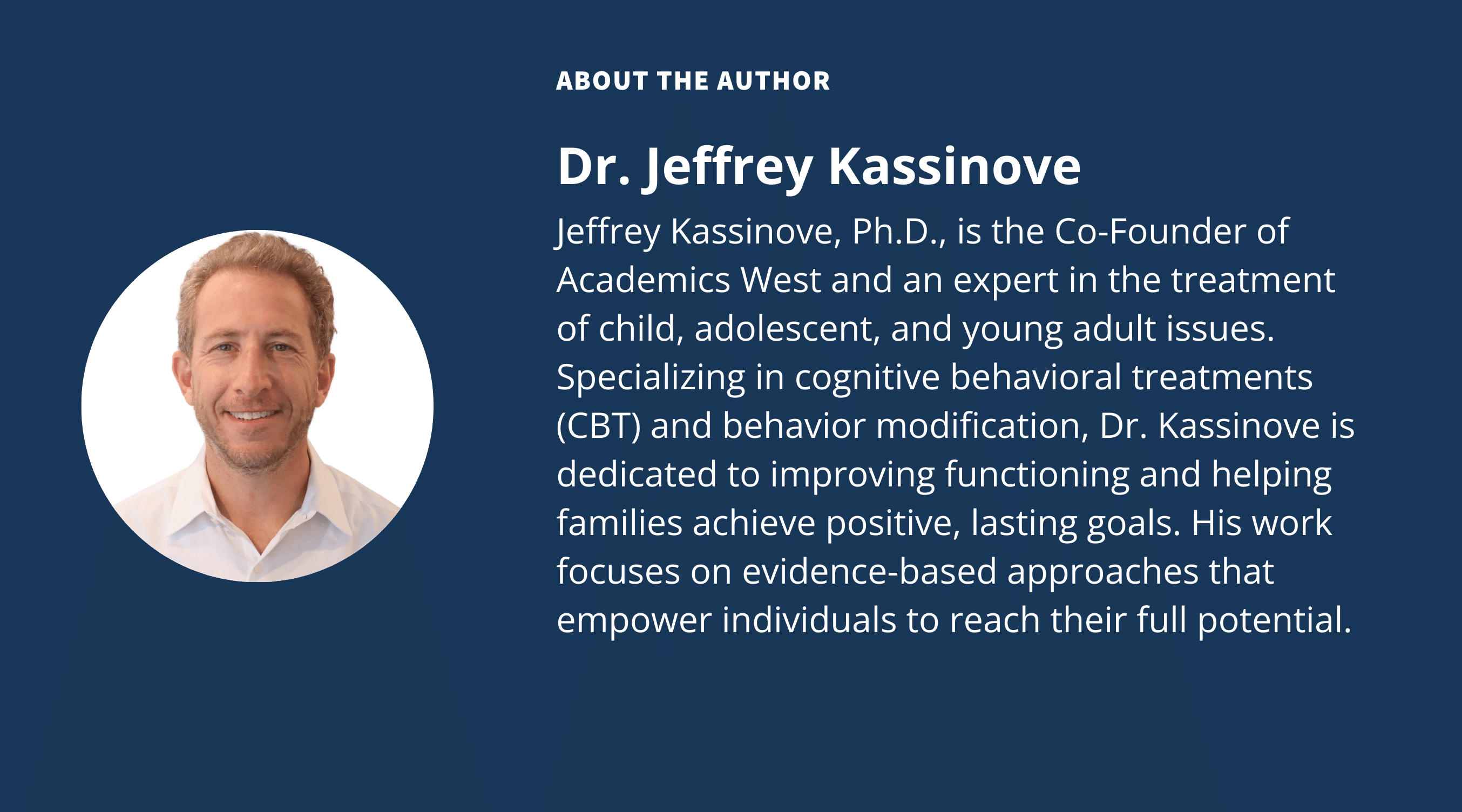Watching your child struggle in school can be gut-wrenching. We spend considerable time guiding our kids and helping them to avoid life’s landmines, but not all the problems can be cured quickly. Whether your child attends a public or private school, if they are consistently unhappy or underperforming, it may be time to consider switching schools.
The idea of switching schools can feel daunting, even like a failure. But think about it this way: if you dislike your job, you can change it. Shouldn’t your child have the same opportunity when their school environment isn’t working for them?
Let’s look at some key areas to consider.
1. Academic Struggles
One of the primary purposes of school is to educate our children. If your child is falling behind despite extra help from teachers and tutors, it may indicate that the school’s teaching methods or curriculum are not a good fit.
Persistent academic struggles, such as poor homework performance, difficulty understanding material, failing test grades, or a strong dislike for their teachers, are signs that something is not working.
Many parents feel stuck, believing that school is just something to endure. But the reality is, you have options. Students respond to different teaching styles and some thrive in smaller classroom settings or alternative learning environments. The goal is to place your child in a setting where they can succeed, enjoy learning, and feel capable.
2. Social Challenges
Social struggles can be just as detrimental as academic ones. It is painful to hear that your child wasn’t invited to a party, was excluded from a friend group, or is experiencing bullying. The negative social effect can extend beyond your child, too when you reach out to other parents for support and are met with indifference or exclusion. Sounds shocking but it isn’t uncommon and creates a family feeling of isolation.
Long-term negative social experiences can deeply impact a child’s emotional well-being. While no school environment is perfect, children should feel a sense of belonging, appreciation, and respect. This should not be confused with the view that every kid deserves an award for poor work or being last in a race. We are talking about a child’s feeling that they are accepted for their strengths and weaknesses. If your child consistently feels isolated or undervalued, it might be time to explore a new school where they can build positive relationships. Understood.org provides excellent resources to help parents navigate these challenges.
3. Mental Health Struggles
Children who refuse to go to school often have an underlying learning or mental health concern. If you haven’t already, it is important to evaluate these issues to get the appropriate care they need. Most importantly, don’t make them feel like there is something inherently wrong with them. According to the World Health Organization, 15 percent of children ages 10-19 are diagnosed with a mental health disorder. Adolescence is a tumultuous time, and in many ways, feeling depressed or anxious is a part of the normal course of being human. Be supportive and provide them with options. Being demanding and unsupportive will make things worse and lead to more school avoidance and damage your relationship.
If your child is struggling with ADHD, you can find helpful resources through the CHADD organization. For those dealing with OCD, the International OCD Foundation provides excellent support and treatment resources. Anxiety and depression are also common in children facing school refusal, and the Anxiety and Depression Association of America offers guidance on treatment. General treatment information for kids can also be found through ABCT.
If your child is experiencing school refusal, explore our program at Academics West, which offers a comprehensive therapeutic and educational approach to re-engaging students in learning
4. Lack of School Support
Children with learning disabilities, social difficulties, or other special needs require the right resources to thrive. If your child’s current school lacks the necessary support system (e.g., specialized programs, consistent counseling services, or individualized instruction), finding a school that can meet those needs is crucial for their growth and confidence.
The National Center for Learning Disabilities offers guidance for parents looking to understand their child’s educational rights and find better support systems.
5. The 3–6 Month Rule: Is Anything Improving?
Before deciding, exhaust the resources available at your child’s current school. Teachers, school psychologists, and learning support staff can offer valuable strategies and interventions. Whether the issue is academic or social, these professionals can provide insight into practical solutions.
If after three to six months of consistent effort there is no significant improvement, it may be time to explore other options.
6. The Kid Effect: Listening to Your Child
Children often know what they need, even if they struggle to express it directly. Their frustration, avoidance, or sadness may be a way of signaling that something is wrong. Paying attention to these emotions is essential.
One way to show your child they are heard is to visit another school together. Seeing a different learning environment can be empowering and give them hope that a better experience is possible. When children feel stuck and unheard, they may develop symptoms of anxiety or depression. In psychology, we call this “learned helplessness,” and it can escalate into school refusal and more severe issues. Being proactive can prevent these negative outcomes.
7. The Parent Effect: How It Impacts You
Parenting is challenging even in the best circumstances. When your child is constantly struggling both socially and academically, it can lead to sleepless nights, arguments, and overwhelming stress. School difficulties often put the whole family system on tilt, straining relationships and affecting your work life. It’s heartbreaking to leave for work knowing your child is miserable or refusing to attend school.
Fresh Solutions: Making the Right Choice
While stability is important, there are times when switching schools is the best decision. Imagine working for years in a job where you feel undervalued and stagnant. The same applies to your child. If they are consistently unhappy and struggling, they may benefit from a fresh start.
Switching schools is a big decision, but it does not have to be a total leap of faith. Speak with other parents, consult educational professionals, and research prospective schools. With careful planning, you can find a supportive learning environment where your child feels valued, excited to learn, and motivated to succeed.
At Academics West, we believe every child deserves a school that supports their individual learning and emotional needs. If you’re exploring new school options, we invite you to schedule a consultation with our admissions team to discuss how our unique approach can help your child thrive.
Contact admissions to learn more!



